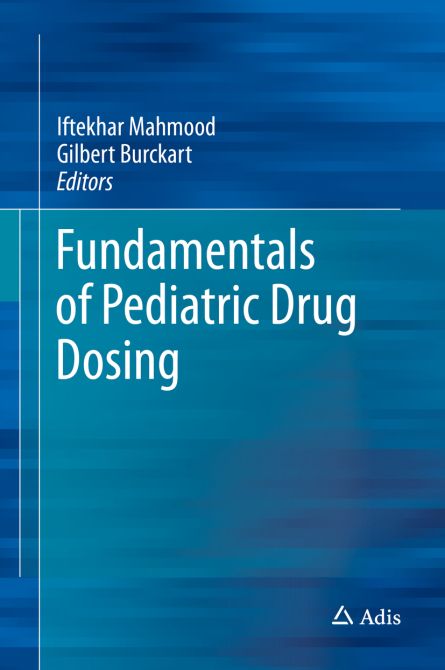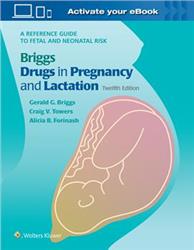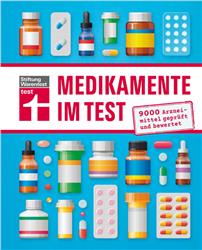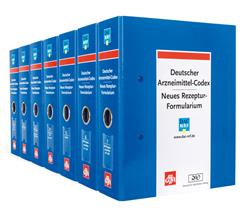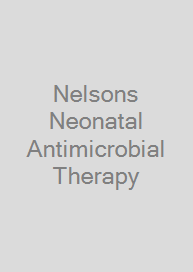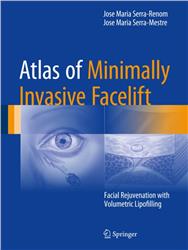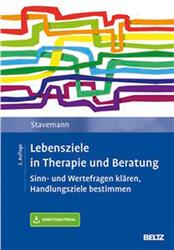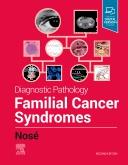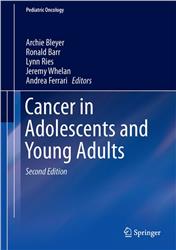Fundamentals of Pediatric Drug Dosing
| Auflage | 2017 |
| Seiten | 240 p., 8 illus. |
| Verlag | Springer |
| ISBN | 9783319437521 |
| Artikel-Nr. | 558892 |
Lieferzeit ca. 5 Werktage
Produktbeschreibung
Focused on pediatric physiology, pharmacology, pharmacokinetics and pharmacodynamics, this book illustrates the differences between the pediatric population and adults; knowledge of extreme importance not only during pediatric drug development but also in the clinical practice. Physicians, nurses, clinical pharmacologists, researchers and healthcare professionals will find this an invaluable resource.
With the advent of pediatric exclusivity, and requirements to conduct clinical studies in children, an emphasis has been placed on finding a safe and efficacious dose of a drug in children. Children are not ‘small adults’, and drug dosing in this population requires special consideration. There are subtle physiological and biochemical differences among neonates, infants, children, adolescents and adults and dosing in pediatrics requires proper understanding of these factors. Furthermore, dosing in children, as in adults, should be based on pharmacokinetic and pharmacodynamic data. This is an evolving area, as pediatric pharmacokinetic studies are becoming mandatory for getting approval of new drugs in this population.
With the advent of pediatric exclusivity, and requirements to conduct clinical studies in children, an emphasis has been placed on finding a safe and efficacious dose of a drug in children. Children are not ‘small adults’, and drug dosing in this population requires special consideration. There are subtle physiological and biochemical differences among neonates, infants, children, adolescents and adults and dosing in pediatrics requires proper understanding of these factors. Furthermore, dosing in children, as in adults, should be based on pharmacokinetic and pharmacodynamic data. This is an evolving area, as pediatric pharmacokinetic studies are becoming mandatory for getting approval of new drugs in this population.

Bleiben Sie informiert!
Melden Sie sich für den frohberg.de-Newsletter an und nutzen Sie jetzt Ihre Vorteil:- Willkommens-Dankeschön: Beatmungsmaske Rescue Me
- Aktuelle Neuerscheinungen und Empfehlungen
- Exklusive Angebote und Kongress-Highlights
